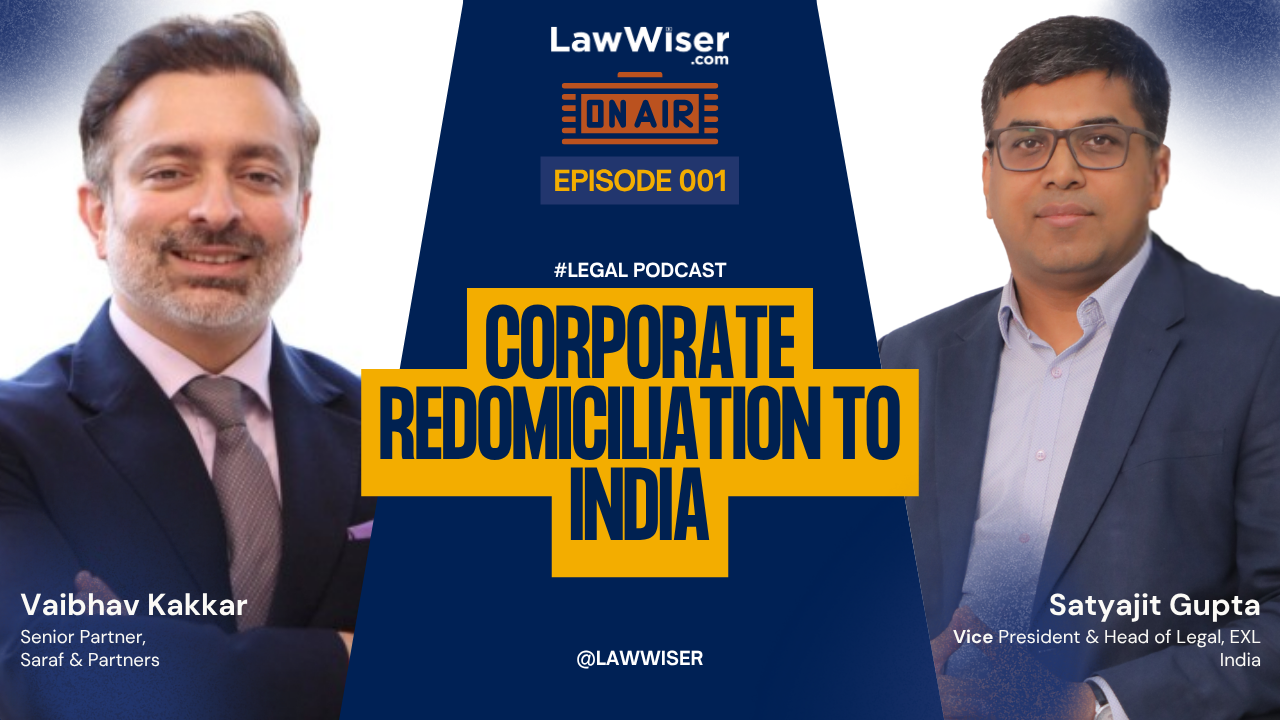BIOTECHNOLOGY AND PATENTS |BIOTECH PATENT| #QUICKBYTES
Patent applications in biotechnology are growing more than ever! Biotechnology involves technical applications of different kinds of biological processes in microorganisms, animals, and plants which can be harnessed for several useful applications. Due to the pandemic, the patent applications in biotechnology have increased by 6.3% and are still on the rise. In this video, Avani Shukla of LawWiser talks about when does a biotechnological invention can get patented and what are the exceptions. She takes us through the Legislative framework and policies for the protection of biotechnology and further discusses the need to balance out ethical and legal issues related to it.
Biotechnology is simply a technology based on biology. It uses cellular and biomolecular processes to create technologies and products that help us live better lives and improve the health of our planet. For almost 6,000 years, we’ve relied on the biological processes of microorganisms to create valuable food products like bread and cheese, as well as to preserve dairy products.
Biotechnology and Patents
In 1856, India passed the Patent Act. Since then, it has been amended multiple times, the most recent being in 1970, when it was updated to meet international patentability standards for novelty, inventive step, and industrial applicability. However, there was nothing particular about biotechnology creation and protection in this iteration. At the same time, as the number of biotech inventions and patent applications increased in the US and EU, the need for a modification to the Indian Patent Act to allow for biotech patentability grew louder in India. In 2002, an amendment was made to include biochemical, biotechnological, and microbiological processes in the scope of potentially patentable processes.
BIOTECHNOLOGY AND PATENTS IN INDIA
Biotechnology inventions are given patents in India if they meet the patent eligibility criteria of novelty, inventive step, and industrial applicability. Biotechnology inventions are a broad field of biology that uses living organisms and systems to create or develop products, as well as any other technological application that uses living organisms, biological systems, or derivatives thereof to modify or create products or processes for specific uses.
Biotechnology and patents in India are currently booming, as seen by the data.
India, which is ranked third in the Asia Pacific, is one of the top 12 biotechnology destinations in the world. 1 By 2025, the biotech business in India is expected to be worth $100 billion. 2 Because the biotechnology business relies largely on research and development, it is critical for biotech companies to grasp the legal protections available to safeguard their ideas through patent rights.
Types of Biotechnology Patents
In most every field of research, there are two basic types of Biotechnology patents:
- Product patents.
- Process patents.
This holds true for biotechnology as well. An inventor can patent a product or a new procedure that they have developed. Because of the nature of biotechnology, there are some limitations on what can be patented and what cannot. To put it another way, inventions are patentable, but discoveries aren’t.
Biotechnology discoveries are natural items or processes that are basically held by nature, hence they cannot be “owned” by a single individual through a patent. However, if you develop a product or technique that involves the utilisation of natural, living objects, you should consider filing a patent for it. When trying to patent a biotechnology invention, this can lead to some complex situations.
Conclusion
Biotechnology and patents in India have significantly grown as shown by the data itself. However, some inflexible laws have to be constructed to potentially grow in this industry.
To get featured in our videos, mail – editorial@lawwiser.com
More more interesting content visit – Lawwiser.com











